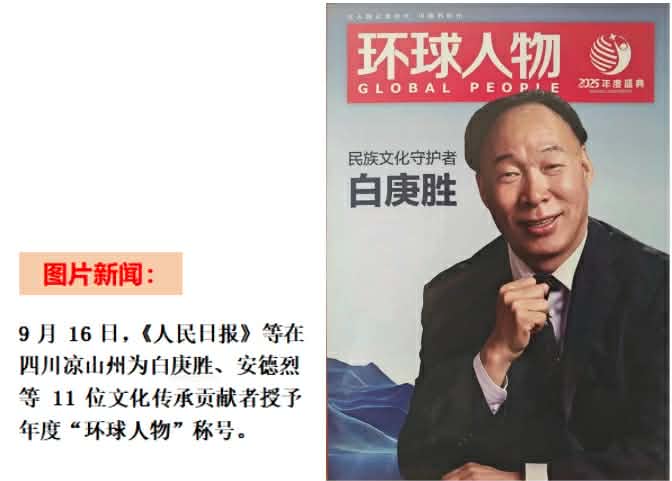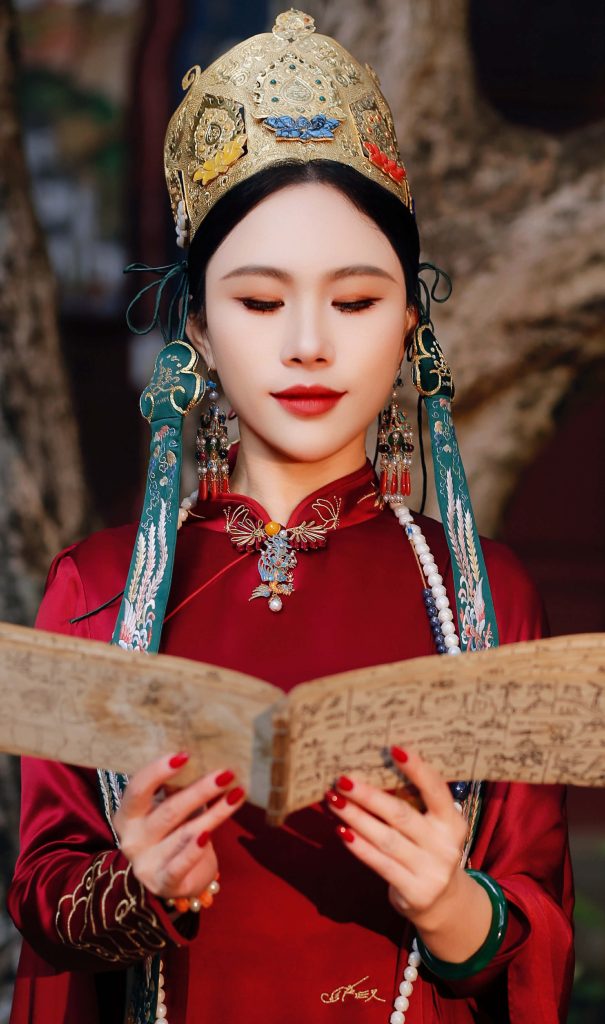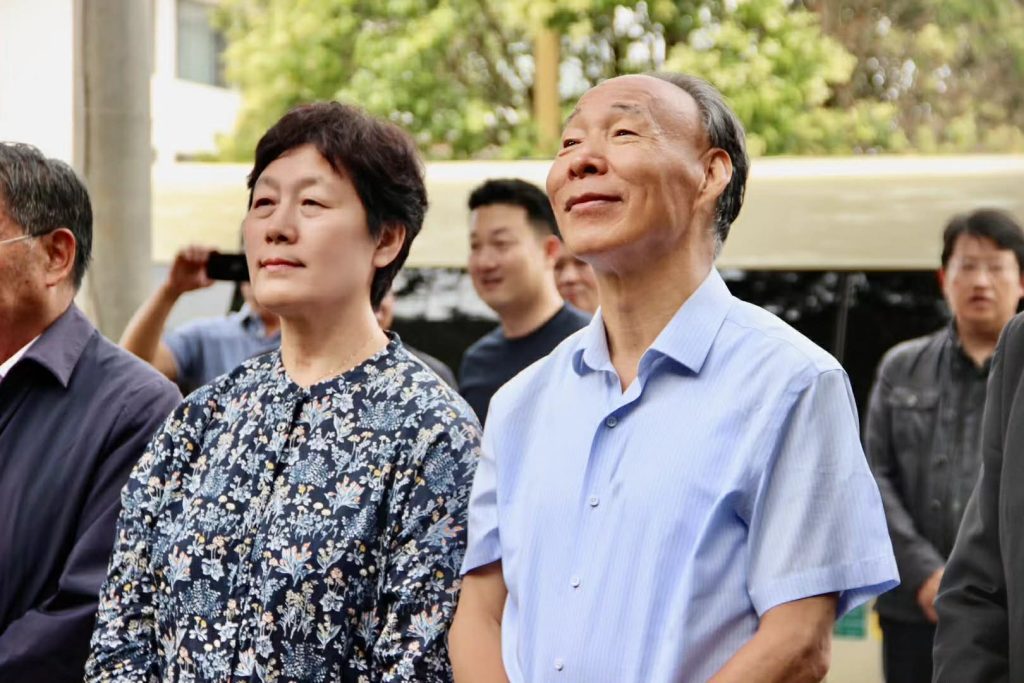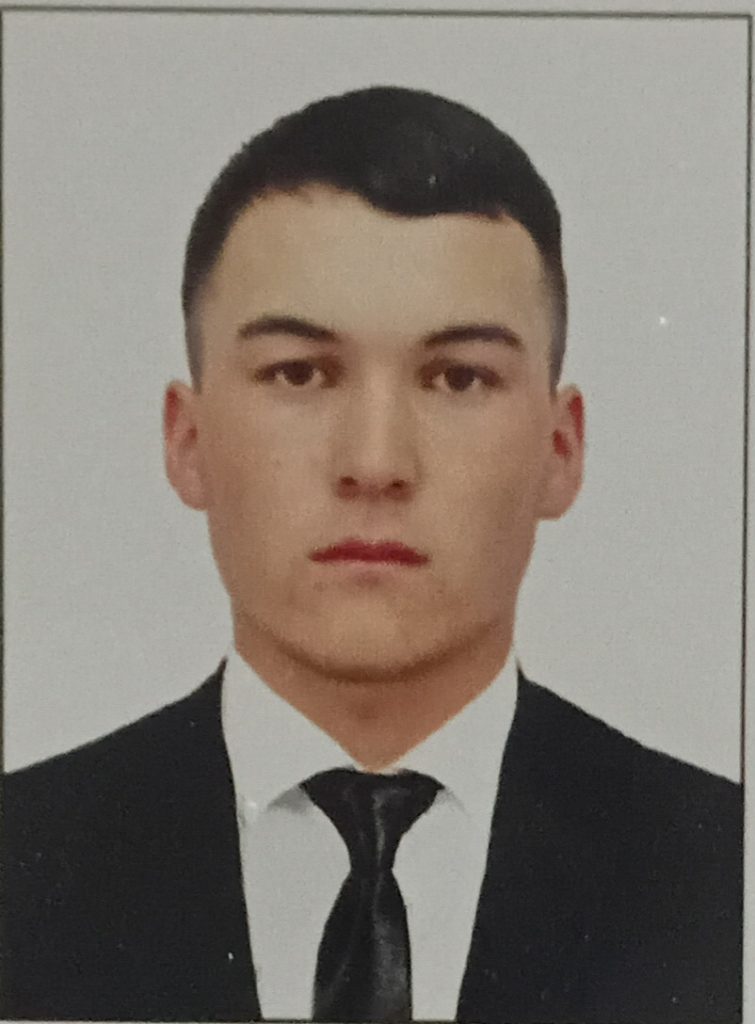Methodology of Teaching Mathematical Concepts in Primary Grades Using Digital Tools
University of economics and pedagogy NO.T. M
Primary Education Programme, 4th year, part time mode of study Student of group 50-“F” ,
Isroilova Sarvinoz Maxmud qizi
israilova174@gmail.com
Abstract: This article highlights the importance of organizing mathematical concepts in primary grades based on digital tools and using them effectively in the teaching process. The role of digital tools in education and methodological approaches to forming and developing mathematical concepts are presented. Digital technologies contribute to the development of students’ logical thinking, facilitate the revision and reinforcement of previously covered topics, and, in particular, allow for the consistent improvement of educational effectiveness.
Keywords: primary school mathematics education, digital technologies, interactive whiteboard, educational effectiveness.
Introduction
Nowadays, if we pay attention to students in the education system, we can observe a significant difference between students who studied before the widespread introduction of digital technologies and those who currently live surrounded by gadgets and smartphones. It is becoming increasingly difficult to imagine daily life without digital technologies and social networks, as they make our work easier and create various conveniences. Along with numerous advantages, digital technologies also have certain negative aspects. In the past, teachers who taught without digital technologies organized their lessons mainly based on textbooks, and students in mathematics classes mostly used counting sticks. At that time, there were almost no distracting materials, and students’ main activities were carried out using notebooks, pens, and learning tools, which ensured efficient use of time. Today, however, students spend much of their free time using various gadgets. It should be emphasized that our goal is not to criticize digital technologies, but rather to use them appropriately and purposefully.
Research Experiment
In this study, the aim was to determine the effectiveness of traditional and modern methods in the process of mastering mathematical examples and problems by primary school students. The research was conducted in two stages. At the first stage, examples and problems were solved using counting sticks during mathematics lessons. Simple addition and subtraction problems and practical tasks were presented to students, who used counting sticks to visually represent numbers and perform arithmetic operations.
Observations revealed that for some students the process of solving problems was slow and that their attention was easily distracted in certain cases. At the second stage, mathematics lessons were conducted using an interactive whiteboard. Animated examples, colorful geometric shapes, and moving objects were used to explain addition and subtraction operations. Students solved problems independently on the board and had the opportunity to immediately check their results.
As a result, students’ interest in the lesson increased, their activity intensified, and they began to solve examples and problems more quickly and accurately. The analysis of the obtained results showed that in lessons conducted using the interactive whiteboard, the level of mastering mathematical concepts was higher compared to lessons based on counting sticks. In particular, positive changes were observed in problem analysis, logical thinking, and independent conclusion-making skills. Based on these findings, it was concluded that the use of modern digital tools, especially interactive whiteboards, along with traditional methods in teaching mathematics in primary grades contributes to improving educational effectiveness.
Within the scope of this research, the issue of increasing the effectiveness of mastering mathematical examples and problems by primary school students was widely discussed in the fields of pedagogy and methodology. The role of traditional and modern teaching methods and their importance in forming students’ knowledge, skills, and competencies were analyzed. It was emphasized that the use of visual aids in primary school mathematics lessons plays an important role in developing students’ abstract thinking. In particular, performing addition and subtraction using counting sticks, cards, and object models contributes to forming and strengthening the concept of numbers, as noted in many studies. Traditional methods, being appropriate to students’ age characteristics, were shown to create opportunities for the conscious and visual mastering of mathematical concepts.
Analysis and Results
To further clarify the research results, the outcomes of lessons conducted using traditional and modern methods were analyzed using a diagram. According to the data presented in the diagram, the level of mastering examples and problems in lessons organized using traditional methods was 62 percent. In lessons where modern pedagogical methods were applied, this indicator reached 85 percent. The obtained results demonstrated that modern methods have high effectiveness in forming and strengthening students’ mathematical knowledge. At the same time, the combination of traditional visual aids with modern approaches contributed to increasing students’ cognitive activity and ensuring the conscious mastering of examples and problems.
Conclusion
In conclusion, the use of digital tools in teaching mathematics in primary grades significantly increases the effectiveness of the educational process. The research results show that although traditional methods play an important role in forming initial mathematical concepts, modern digital technologies enhance students’ interest, increase their activity, and contribute to the rapid and durable acquisition of knowledge.
Lessons conducted using interactive whiteboards, animations, and colorful visual tools were found to develop students’ logical thinking, analytical skills, and independent conclusion-making abilities. Diagram-based analyses confirmed that the level of mastery is higher in lessons where modern methods are applied. Therefore, combining traditional and modern methods and using digital tools purposefully and systematically in primary education is one of the key factors in improving the quality of education.
References
1. Abdullayeva M., Jo‘rayev R. Methodology of Primary Education. — Tashkent: O‘qituvchi, 2019.
2. Xudoyberdiyev M. Methodology of Teaching Mathematics in Primary Grades. — Tashkent: Fan va texnologiya, 2021.
3. Qosimova K. Pedagogical Technologies and Interactive Methods. — Tashkent: Innovatsiya, 2020.
4. Sobirova D. Improving Educational Effectiveness Based on Digital Technologies. — Collection of Scientific Articles, 2022.
5. ARM Electronic Library. Pedagogical and methodological electronic resources. — Online source.
6. Karimova N. Using Modern Educational Technologies in Primary Grades. — Tashkent: Pedagogika, 2018.
7. Rasulov Sh. Methodology of Using Information Technologies in Mathematics Lessons. — Tashkent: Fan, 2020. 8. UNESCO. Information and Communication Technologies in Education. — Paris, 2021





